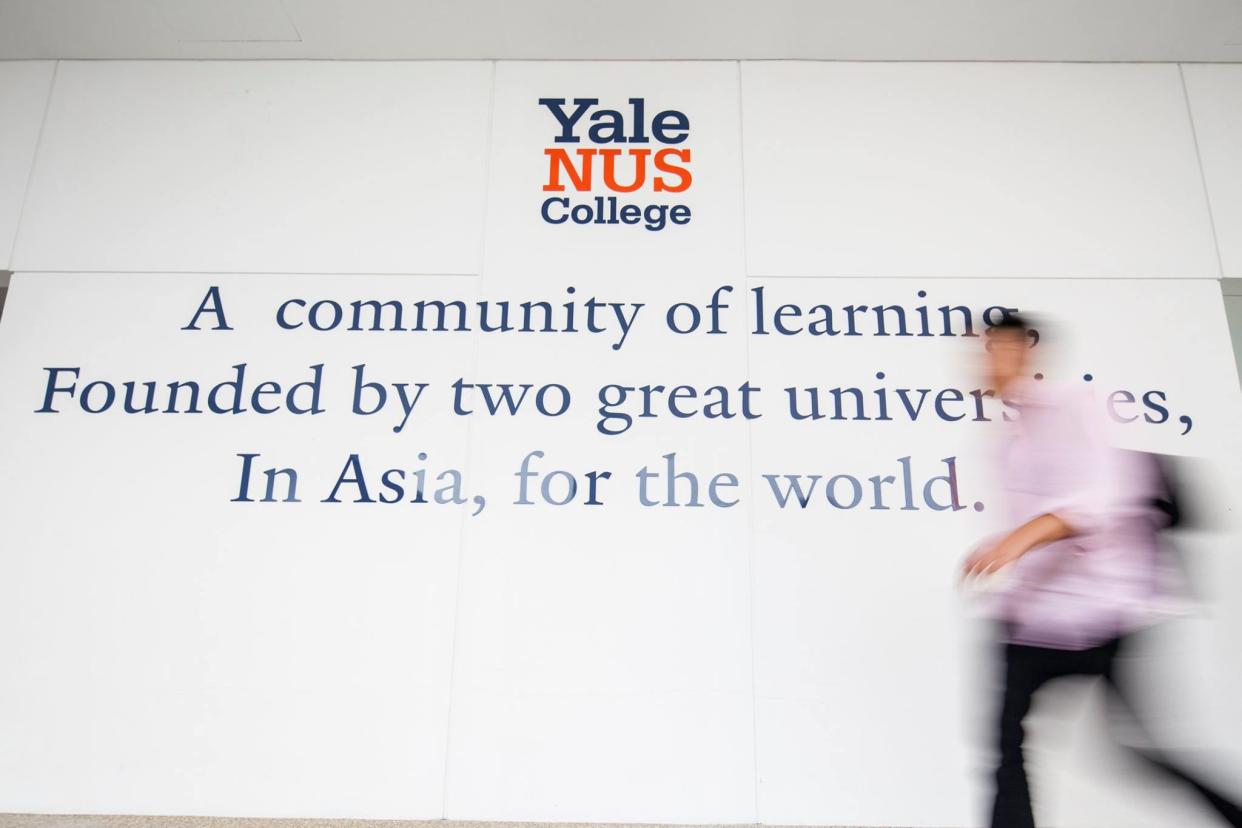Decision to cancel dissent module at Yale-NUS College 'made internally and without government interference': Yale president

SINGAPORE — The Yale-NUS College’s decision earlier this month to cancel a module titled “Dialogue and Dissent in Singapore” was “made internally and without government interference”, said Yale University’s president Peter Salovey.
While a number of “mostly administrative” errors had been made regarding the module, the Yale Faculty Advisory Committee had not found evidence suggesting “any violations of academic freedom or open inquiry”, he added.
“Members of the Committee who have visited Yale-NUS College say they have found a healthy spirit of academic freedom and open inquiry there. The committee has made a number of procedural recommendations,” said Salovey in a statement that was posted on Sunday (29 September) on the Yale University website.
The module, which was due to be led by local poet and playwright Alfian Sa’at, had been announced as part of Yale-NUS’ Learning Across Boundaries programme. Slated to have been held between 29 September and 5 October, the module was set to feature speakers including local activist Seelan Palay and New Naratif editor-in-chief Kirsten Han.
In announcing the module’s cancellation, the college’s president Tan Tai Yong said that the modules content “does not critically engage” with the range of perspectives required for a proper academic examination of the political, social and ethical issues that surround dissent.
“The proposed activities also included elements that may subject students to the risk of breaking the law, and incurring legal liabilities,” Professor Tan added.
Salovey also issued a statement following the cancellation to say that he would be sending Pericles Lewis, Yale University’s vice-president and vice-provost for global strategy, to Singapore to “gather facts of the case”. Lewis is also Yale-NUS College’s founding president.
In making Lewis’ report public on Sunday, Salovey said, “My review of Professor Lewis’s report, my conversations with the Yale-NUS College leadership and Governing Board, and the advice of the Yale Faculty Advisory Committee have reassured me of Yale-NUS’s strong commitment to academic freedom.”
“I myself have observed over my eight years of involvement with Yale-NUS College that it has become a model of innovation in liberal arts education in Asia. I am proud of Yale’s involvement with Yale-NUS and would like to express my confidence in its faculty and leadership,” he added.
Related story:



